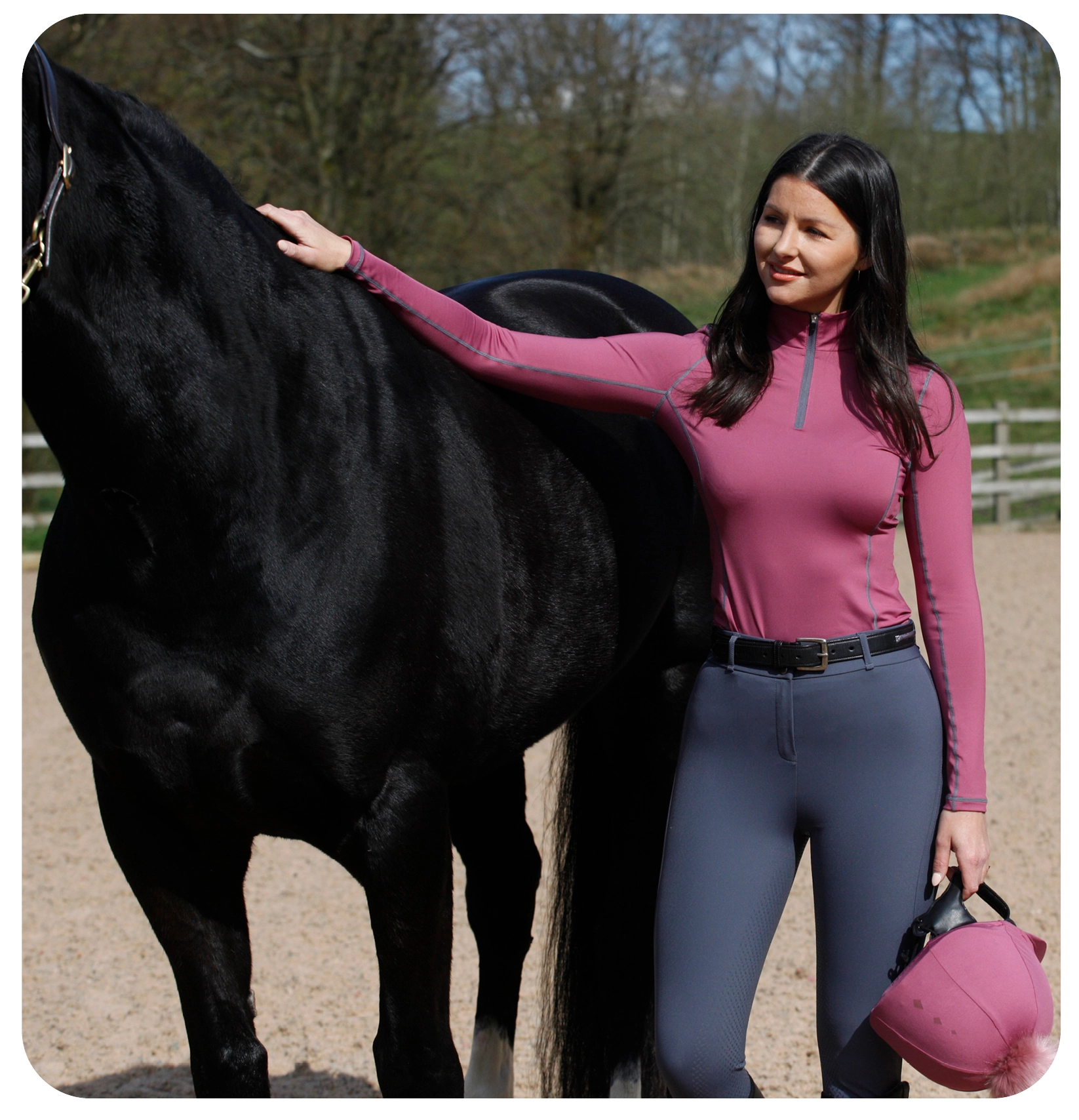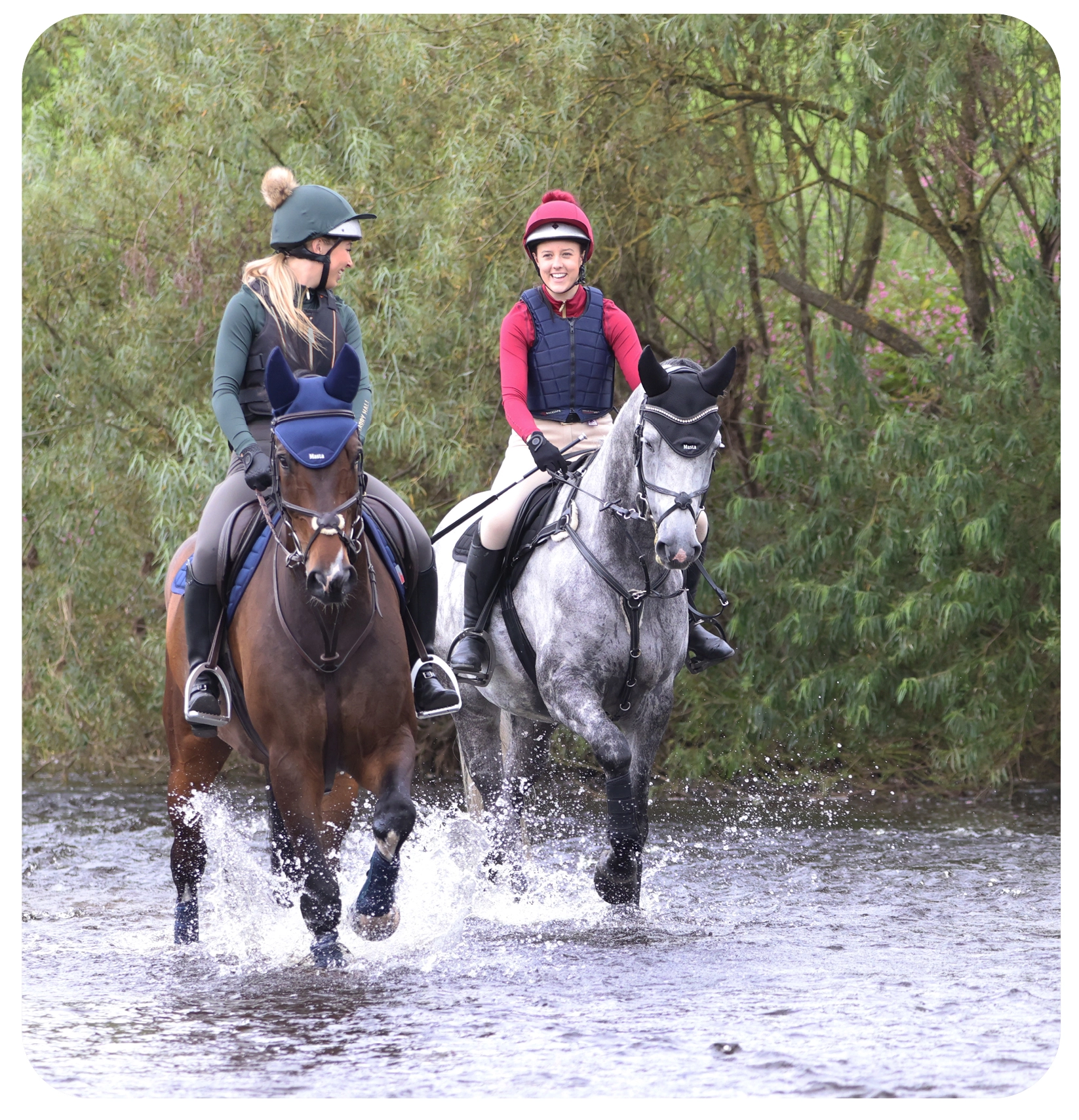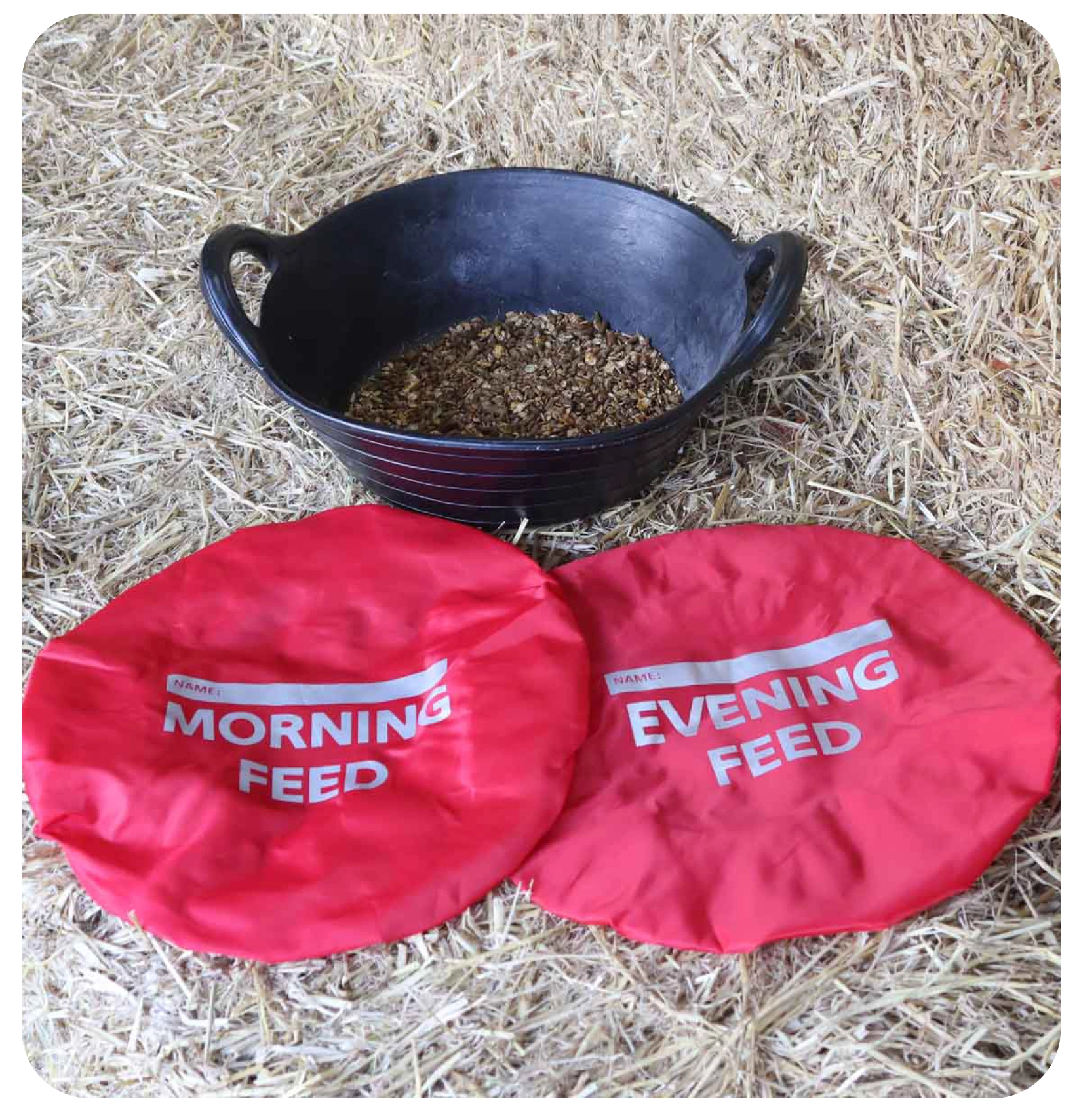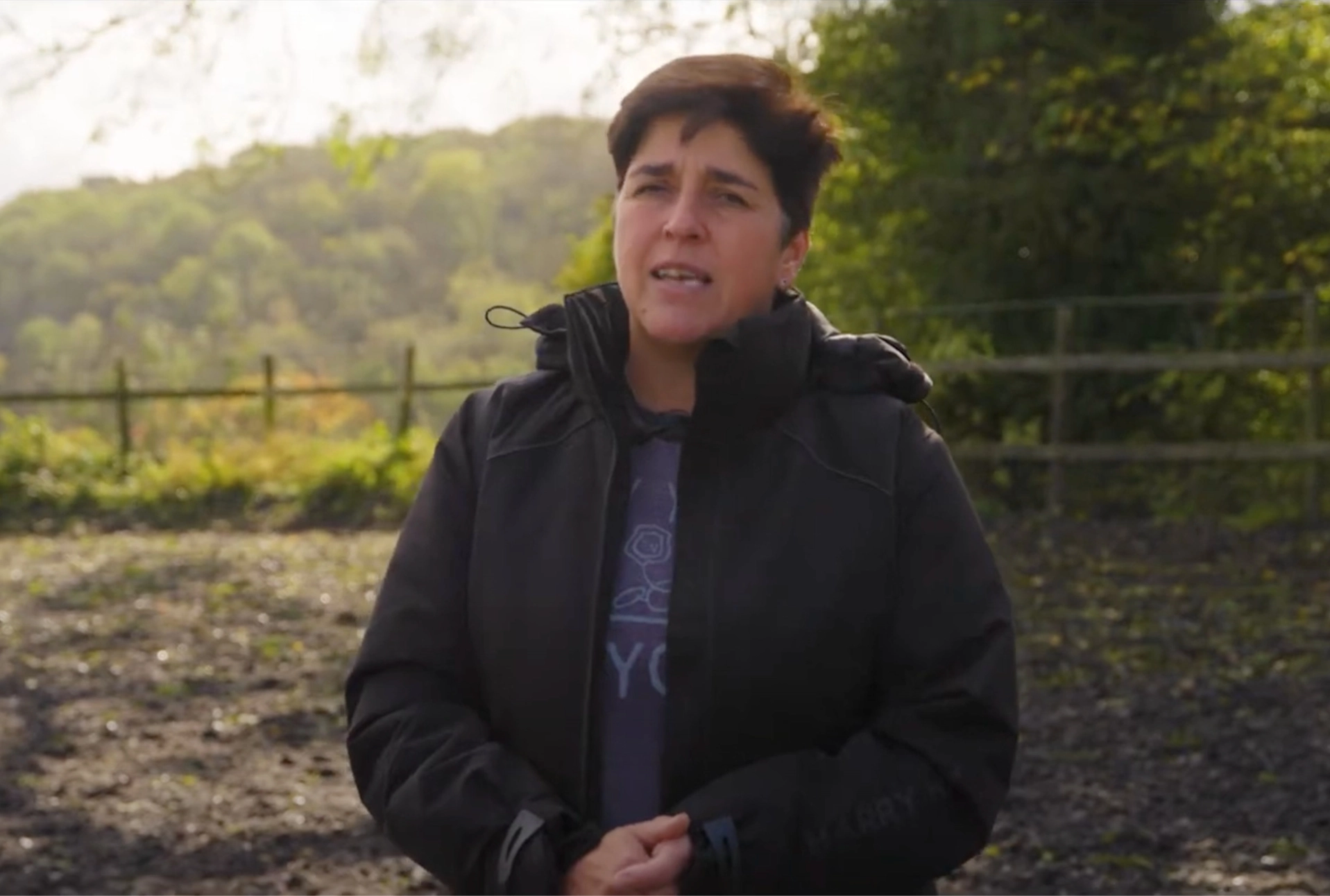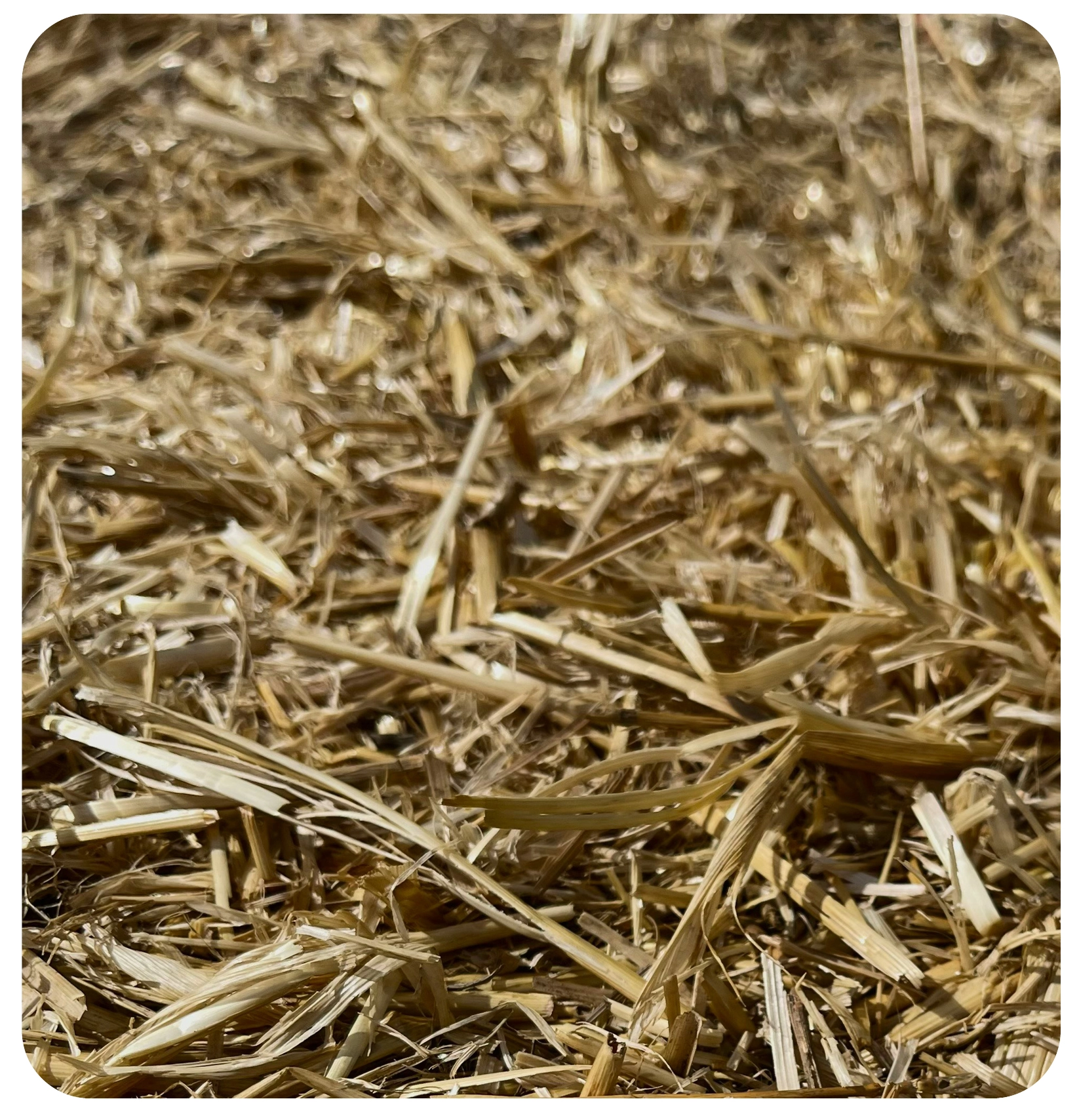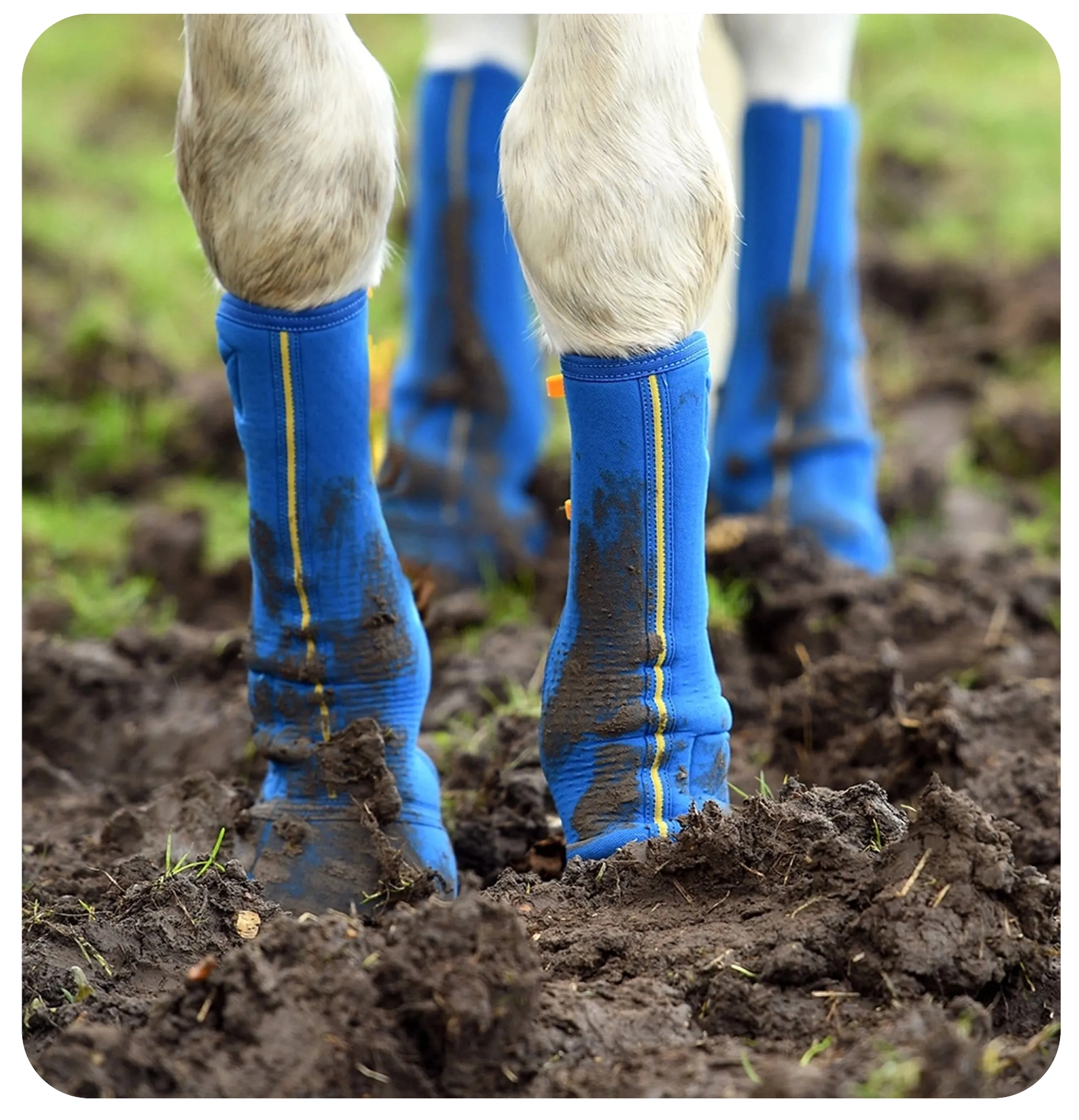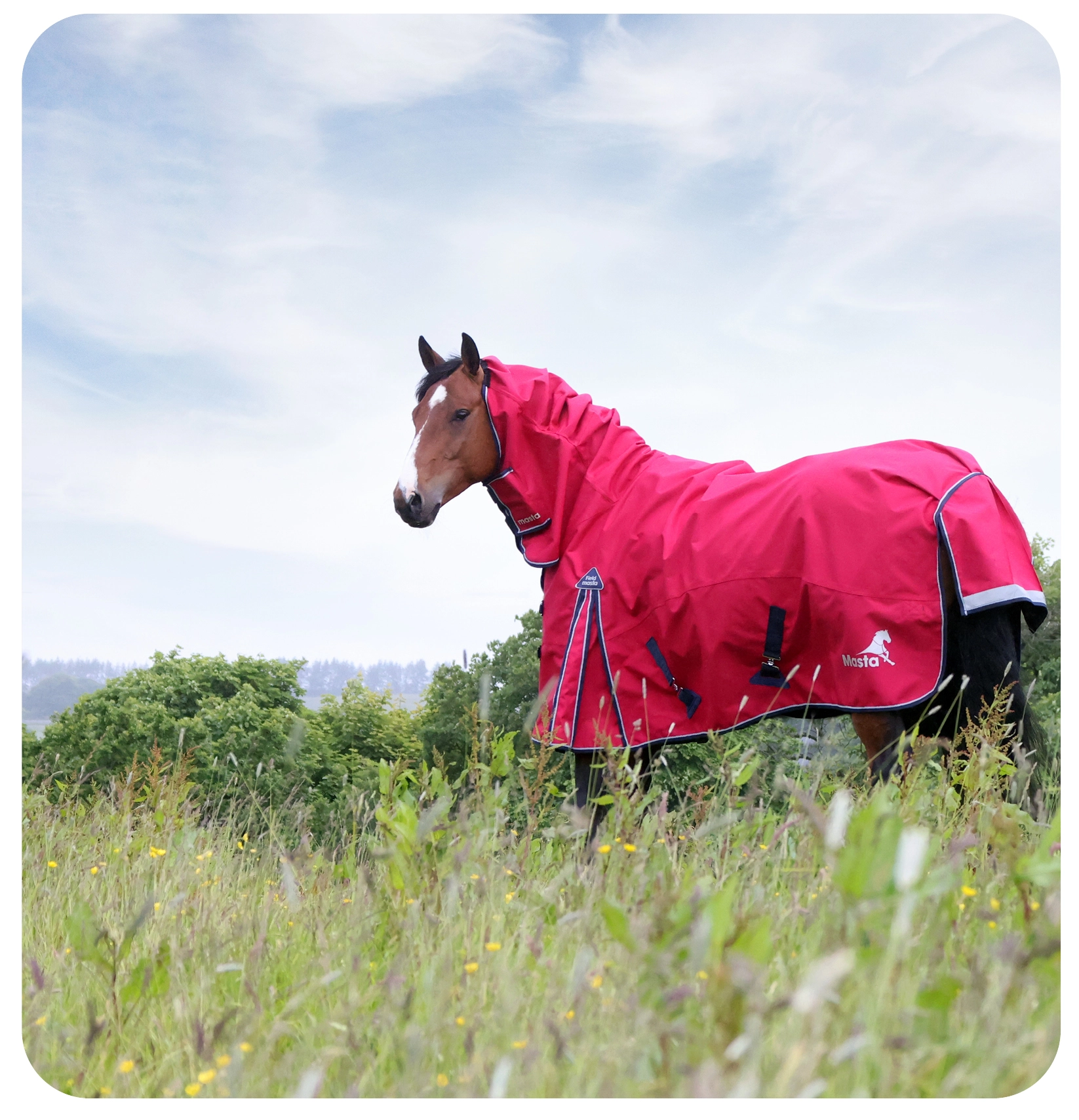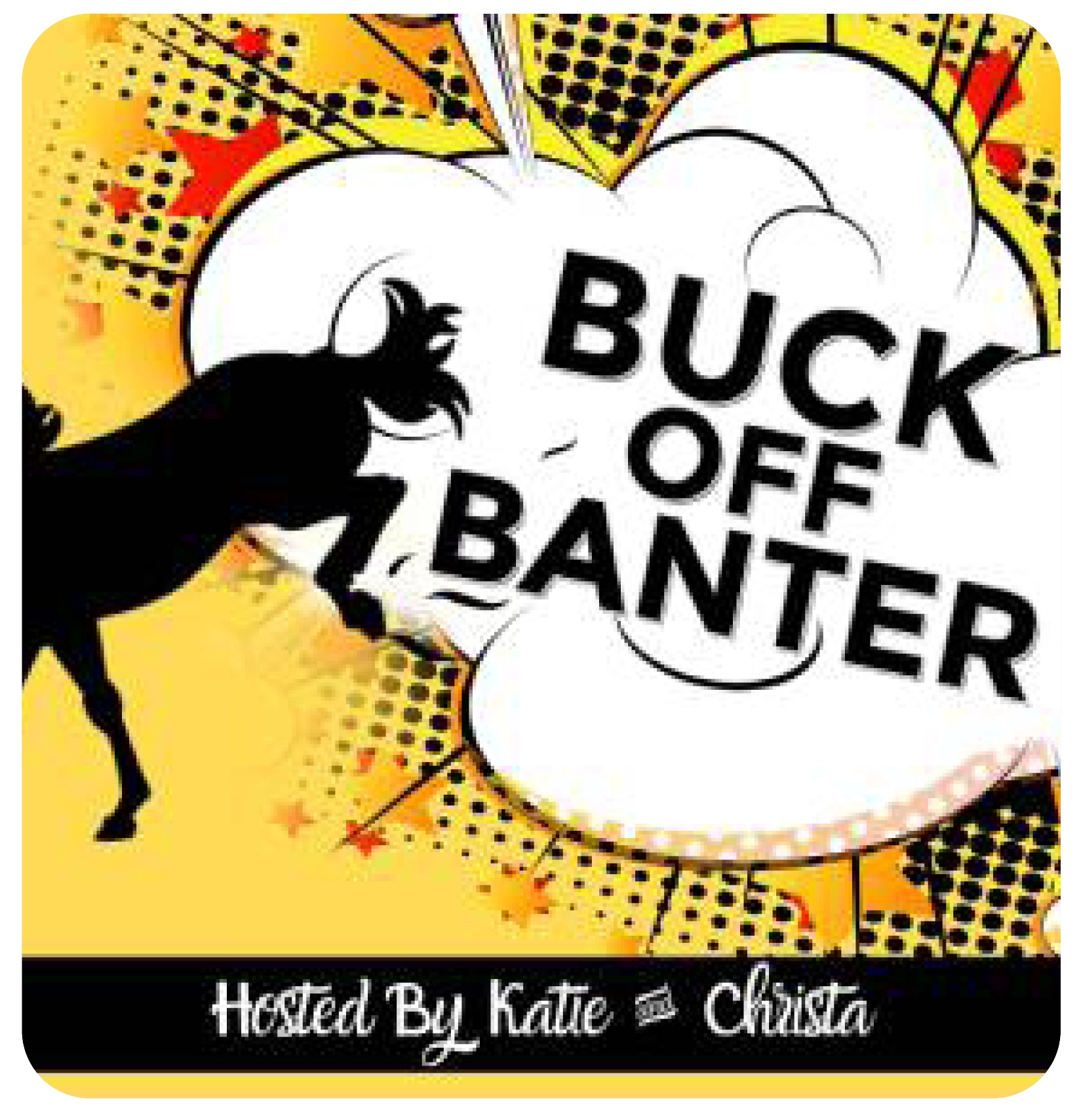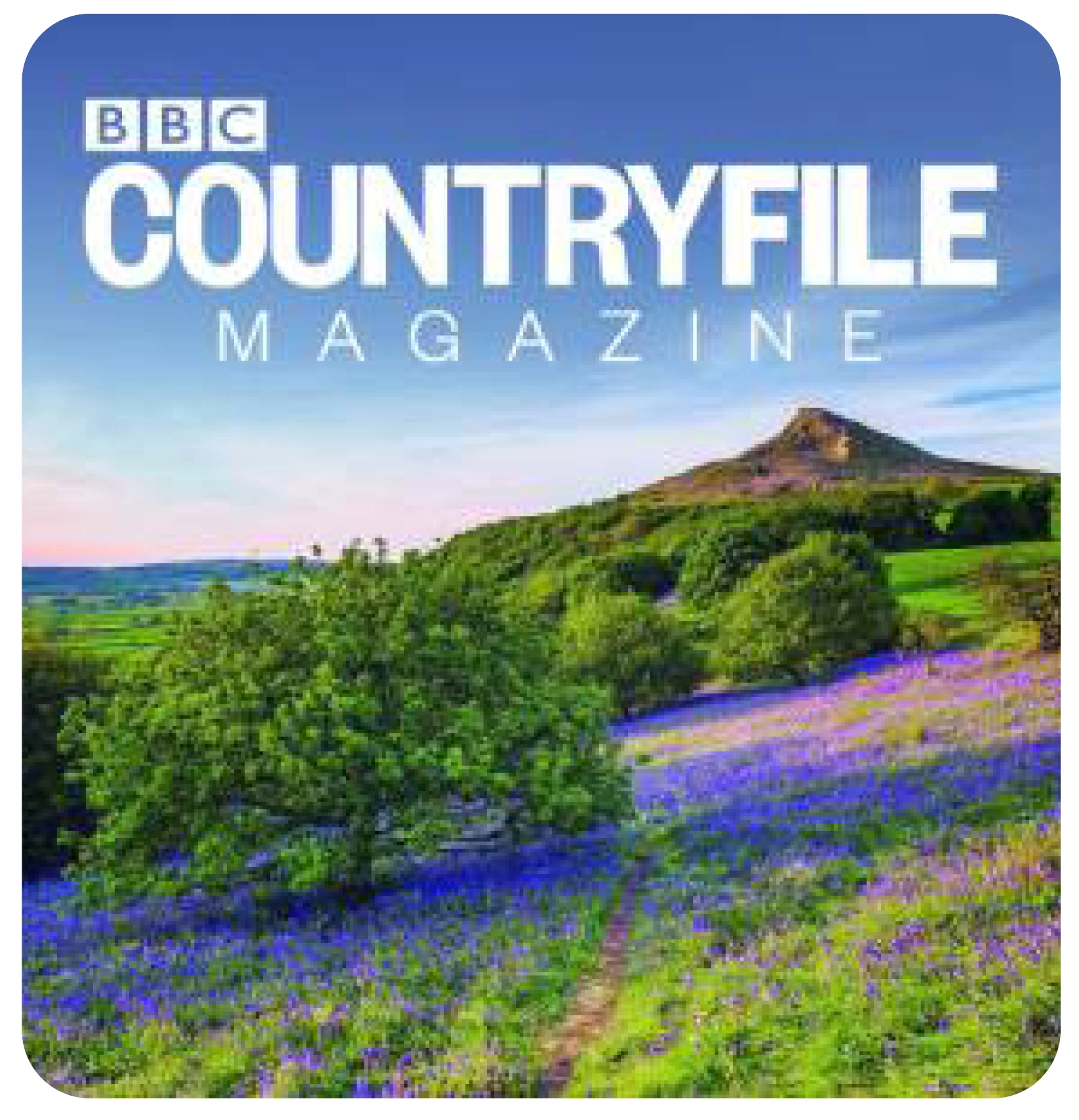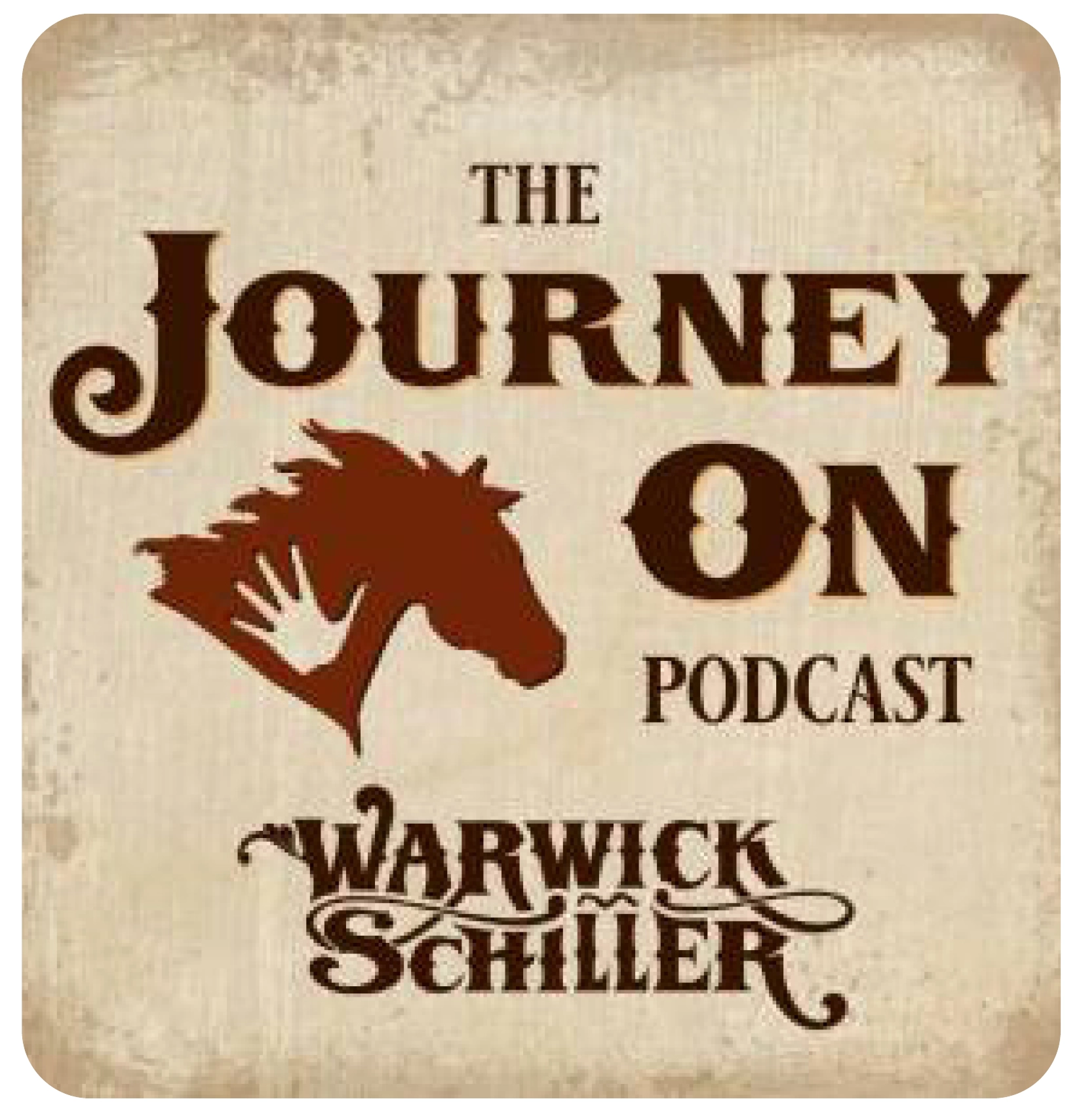Validate your login
Sign In
Registered Customers
Create New Account
Forgot Password
Or Sign In With
Need-to-know advice for every horse and rider
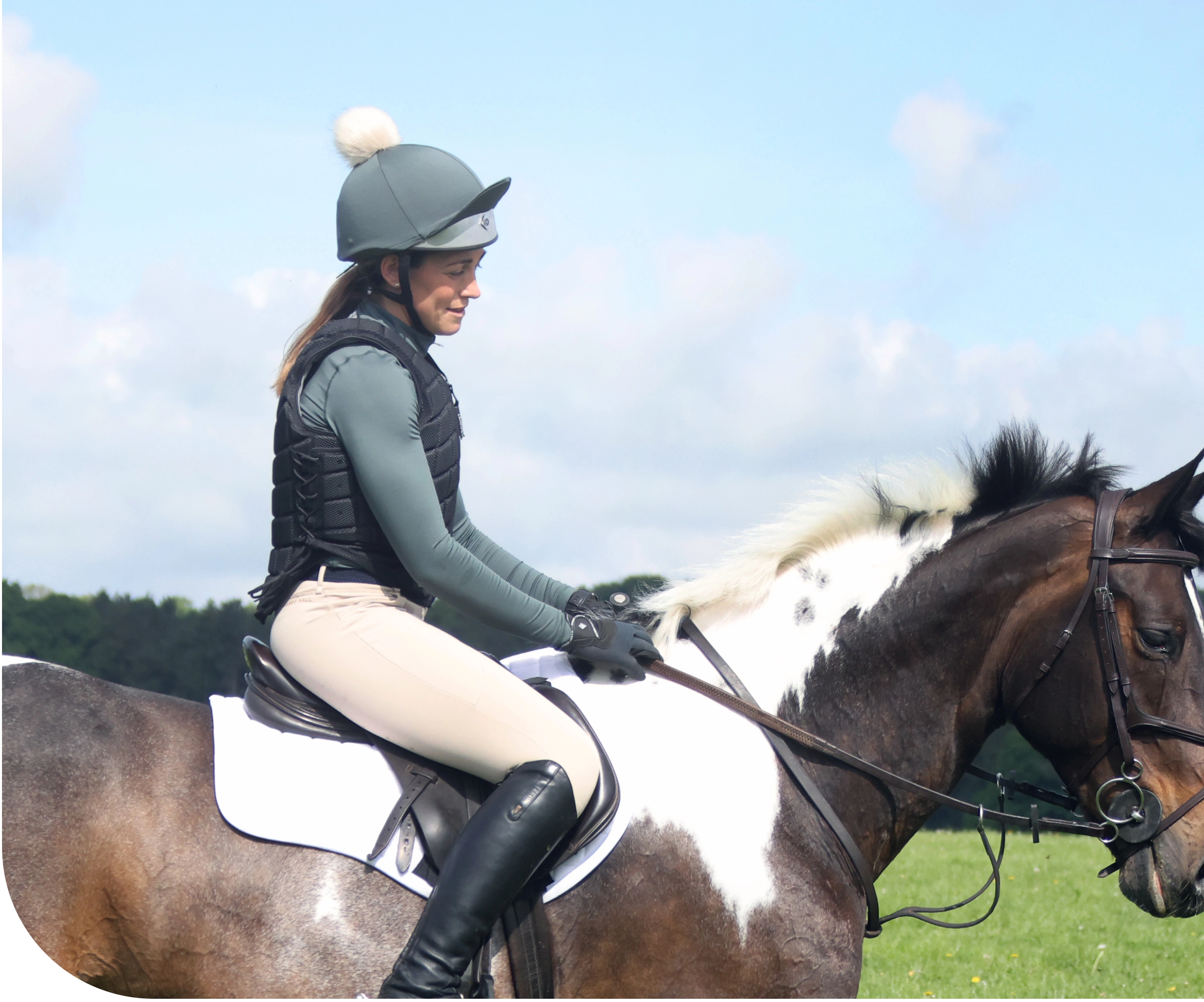

Helpful Guides
Watch our Dressage Debunked Series
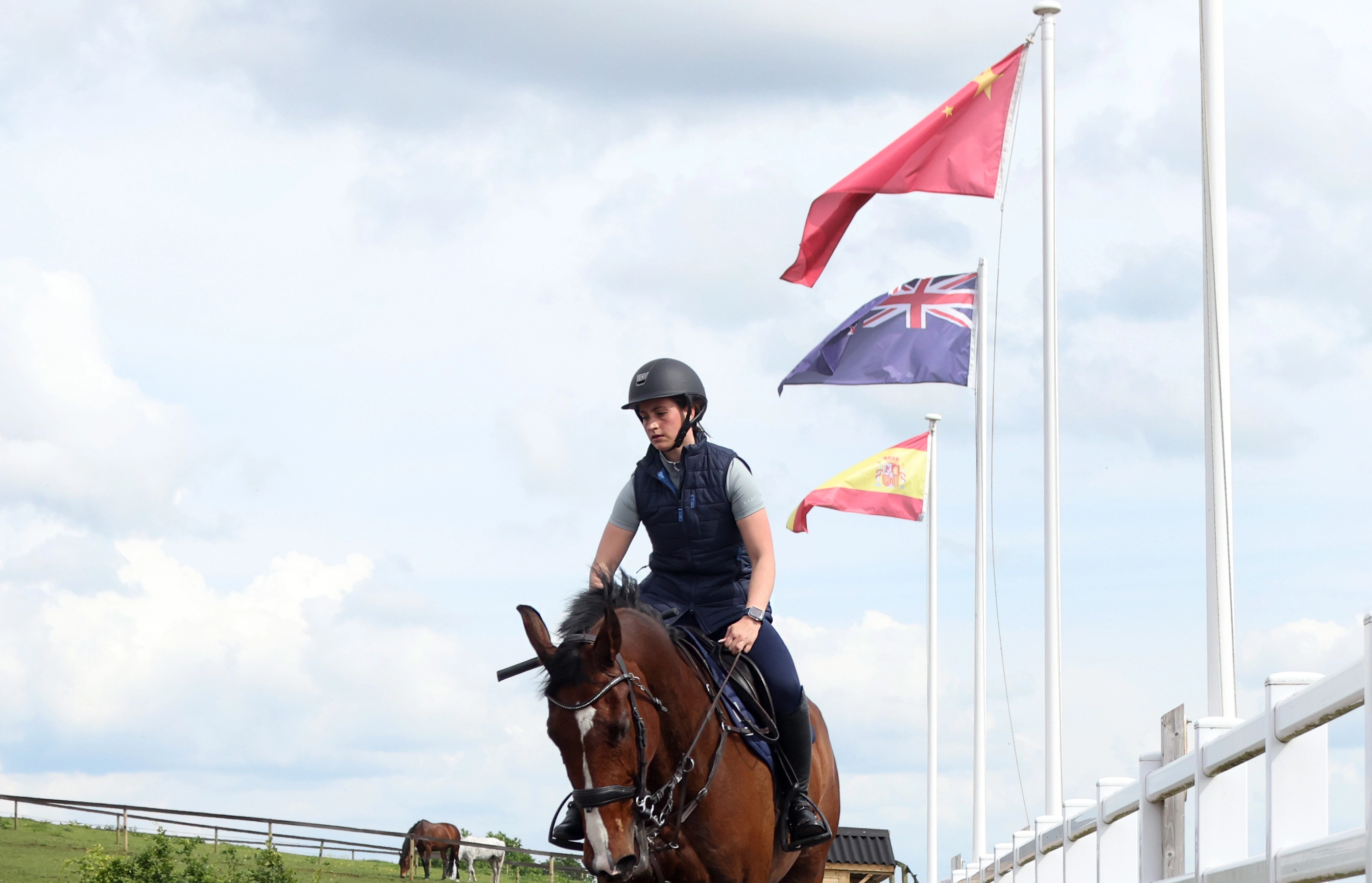

Riding Tips
Tips with International Dressage Rider Steph Croxford.
We are excited to introduce our dressage debunked mini-series. Created to help you tackle and perfect each dressage move; this week we talk flying changes.


Read the One Club Magazines
Grab a cup of tea and flick through our One Club digital equestrian magazines. Our latest issue is full of product ideas and an intro to your insurance options.
Loading...
Loading...
| Cookie Name | Cookie Provider | Cookie Description | Cookie Lifetime | Cookie Type |
|---|---|---|---|---|

